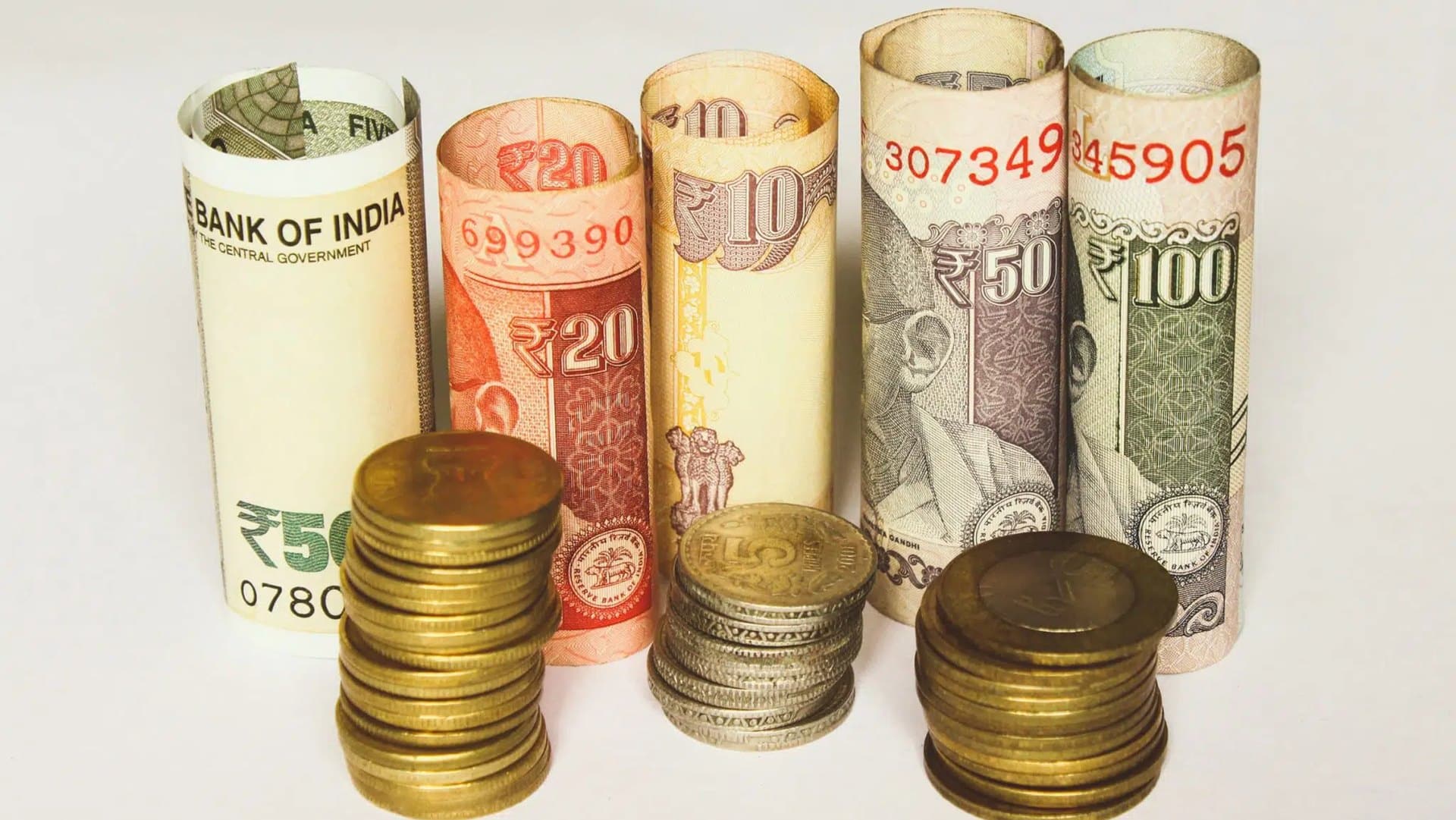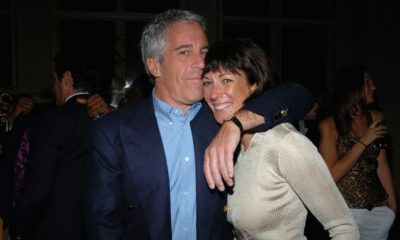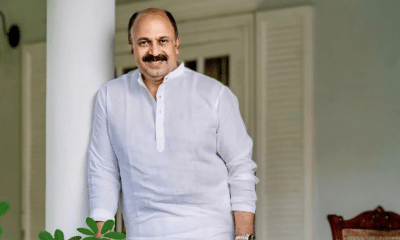Banking
Supreme Court advices Centre to keep tax regime simple to avoid liabilities
The Supreme Court has urged the government to keep its tax regime simple to prevent avoidance of tax liabilities. Quoting the 18th century economist Adam Smith, a bench of Justices Sanjay K Kaul and Hrishikesh Roy said the tax which each individual is bound to pay ought to be certain and not arbitrary. They said the time of payment, the manner of payment, the quantity to be paid ought all to be clear and plain to the contributor and to every other person.
Justice Roy, writing the judgement for the bench, said just as the government doe not wish for avoidance of tax equally, it is the responsibility of the regime to design a tax system for which a subject can budget and plan. “If proper balance is achieved between these, unnecessary litigation can be avoided without compromising on generation of revenue.”
He said it needs to be observed here that in the taxation regime, there is no room for presumption and nothing can be taken to be implied. “The tax an individual or a corporate is required to pay, is a matter of planning for a taxpayer and the Government should endeavor to keep it convenient and simple to achieve maximization of compliance.”
The assessee banks brought to the Supreme Court’s attention – whether the proportionate disallowance of interest paid by the banks is called for under Section 14A of Income Tax Act for investments made in tax free bonds/securities which yield tax free dividend and interest to assessee banks when assesse had sufficient interest free own funds which were more than the investments made.
Moreover, the assessees are scheduled banks and they engage in the business of investments in bonds, securities and shares which earn them interests from such securities and bonds, as also dividend income on investments in shares of companies and from units of UTI etc. which are tax free.
Then there is Section 14 of the Income Tax Act. It classifies various incomes under salaries, income from house property, profit and gains of business profession, capital gains and income from other sources. Section 14A relates to expenditure incurred in relation to income which are not includable in Total Income and which are exempted from tax. It had been incorporated in the Act to ensure that expenditure incurred in generating such tax exempted income is not allowed as a deduction while calculating total income for the concerned assessee.
Also Read: Ongoing COVID-19 pandemic prompts households to take up home food gardening
However, the banks said none of them maintain separate accounts for the investments made in bonds, securities and shares wherefrom the tax-free income is earned so that disallowances could be limited to the actual expenditure incurred by the assesses. As such, the bench said shares and securities held by a bank are stock in trade, and all income received on such shares and securities must be considered to be business income. “That is why Section 14A would not be attracted to such income.”








































